Continuing the big theme of Comics 2019: What is going on at DC Comics, a slew of news this week on the Changes at DC Comics. But first, I’m sure you’ve all read Rob Salkowitz’s rather dire analysis entitled Where Does DC Comics Fit In AT&T’s Vision For WarnerMedia? which is based on nothing but examining the visible evidence and cross referencing patterns of corporate behavior and comes up with this:
The subtext of this move could not have been clearer. AT&T—now the parent company of WarnerMedia and its divisions, including DC Comics (previously known as DC Entertainment), HBO, Turner, and Warner Bros.—does not seem terribly interested in being in the comic book publishing business. It’s telling that in a long profile of AT&T CEO John Stankey this morning in Variety, DC was one of the only WarnerMedia brands that was not mentioned. To the extent that DC matters at all in the company’s future, it’s as a source of owned IP for other media channels and as a lifestyle brand to serve as an ambassador to geek culture.
And how the purge of Vertigo, Ink and Zoom fits into the larger picture:
One place that AT&T does not seem to see any value is in sub-brands. One of the company’s first moves following the acquisition was to shutter several of WarnerMedia’s niche streaming services, including the beloved cinephile outlet Filmstruck, seen by many as a prelude to rolling as much of the company’s media artillery as possible into a mega-streamer to compete with Disney, Netflix and the rest—a move that seems essential given the precipitous drop in subscribers to AT&T’s satellite TV service DirecTV.
Of course you’ve read the whole thing, but one thing Salkowitz paints clearly is how comics Hall of Famers Jennette Kahn and Paul Levitz (Publisher and President) were faced with similar corporate disdain several generations ago and talked their way out of it and triumphed by publishing bold IP like Watchmen and Dark Knight. Black Label is a nostalgic look at those epic times, but can’t escape the “We’ve seen it all” malaise that lasts until someone does something that we haven’t seen (HoX, PoX.) Is there anyone left to light a torch in this dark cave of bottom lines?
I’m not sure, but if there is maybe it’s Marie Javins. As reported by Newsarama (which seems to have the phones of every HR department in the industry tapped), Javins has been given a swell promotion to Executive Editor of New Publishing Initiatives, a very important sounding job indeed, that will also include a new division.
The initiative will include a renewed focus on DC’s international efforts, and according to a source familiar with the initiative it is “a big deal to Warner Bros. and AT&T.”
Javins is pretty much the most respected editor in the business – and also was probably voted “Person Least Likely To Ever Be A Big Deal to AT&T” for her free-spirited ways (including two solo trips around the world) – but her track record is unassailable, from developing many talents during her Marvel days, to managing Convergence, to making Snagglepuss relevent today. So a bold move that suggests that there will always be a place to develop new IP at AT&T.
But MEANWHILE, Milton Griepp had one of his twice yearly sit downs with DC’s Dan DiDio and Jim Lee at SDCC, and you’ll want to parse every single answer for hints and tidings, since the publishers (yes, I know they have different titles now) so rarely directly address business matters. . Part 1 and Part 2. But some commentary on some of the notable statements.
DiDio comes right out and faces the elephant in the room: DC’s rather shocking decline in graphic novel sales, as Brian Hibbs reported a few months back.
Graphic novels has been a weak spot for us that we have to address, because that has been such a mainstay of our publishing schedule and publishing plan. If that’s changing in any way, shape, or form, whether it’s because of lack of interest or because digital is cutting into that business, we’re not really sure. We have to explore that a little bit further. Where my concern comes from is more about the overreliance on nostalgia, speculator marketing, variant covers, and a lot of things that seem to be driving numbers in sales to give the appearance of a healthy industry, but it’s not built on the ongoing success of the individual titles in order to keep those numbers successful and maintained.
This sounds like something I might have said! I’ve been moaning about events and stunts for years! I doubt that it’s digital that’s cannibalizing GNs that much, however. The softening of the market for collections is a huge topic that I’ve been nibbling at for months, but there are no easy answers.
Lee also addresses the promise that never came to fruition: digital sales.
But I think it’s discouraging in general because everyone talks about digital being the future. If there’s anything that should continue to grow year-in, year-out, it should be that channel. The fact that it’s kind of plateaued and we’ve hit a wall speaks to a lot of different things. We need to reinvent what we’re doing digitally. The subscription service that we’re doing on the DC Universe platform is part of that. We just have to get better at marketing to people that know our characters, love our characters, but aren’t buying comics.
Both Lee and DiDio talk about their new “ages and stages” strategy (another foundational belief of the MacDonald Doctrine) and bringing it all under the overarching “DC Brand” strategy. DiDio:
That way, we’re going to spend all our time making sure that DC stands for so much in regards to storytelling and diversity, and that our characters come to life in so many different ways. If you don’t know or don’t expect it just to be a superhero title and want more, we have it all there to offer you.
In regards to MAD, cancelling the magazine was due to the fact that you can’t sell anything on newsstands any more. But this institution isn’t as dead as some stories have made it out to be. DiDio again:
…we want to make sure that Mad continues in some way, shape, or form moving forward. And right now, we’re going to make sure that it exists through subscriptions and direct market.
At the end of Part two, Lee gives a big shout out to The Secret Spiral of Swamp Kid,
It’s funny, it’s topical, and we’re very anxious to see how that performs in the marketplace. I think we’re so used to this linear storytelling with three acts and a particular style of storytelling in the art itself. I think for us to fully unlock our full potential, we need to explore and push the boundaries of what we’ve traditionally done in this space.
I am hesitant to be so harsh as to point out that take offs on the best selling ongoing series in publishing are the bread and butter of many a kid-focused publisher, but they did say they have to find new ways to reach readers, so shine on you crazy diamond.
I hope it’s clear that that I have a lot of respect for Lee, DiDio and Javins, and I wouldn’t want their jobs for anything. But it does seem, from my 15-year vantage point, that AT&T’s acquisition of Warner Media has ticked the Doomsday Clock of the Pamphlet Economy several seconds closer to midnight. Lacking robust book sales, with flagging digital sales, and every past masterpiece already mined with prequels and sequels, the direction at DC seems to be towards some undiscovered country.
The map to survival, as always, is making books/comics/magazines that people WANT to read. It’s hard to picture DC Comics as the scrappy underdog that needs to stay nimble to survive but that’s kind of where we’re at. And just to turn optimistic for a moment, DC’s enduring characters and storylines and access to top talent gives them every possible power-up to find their way to the next level in this strange new world. Developing.



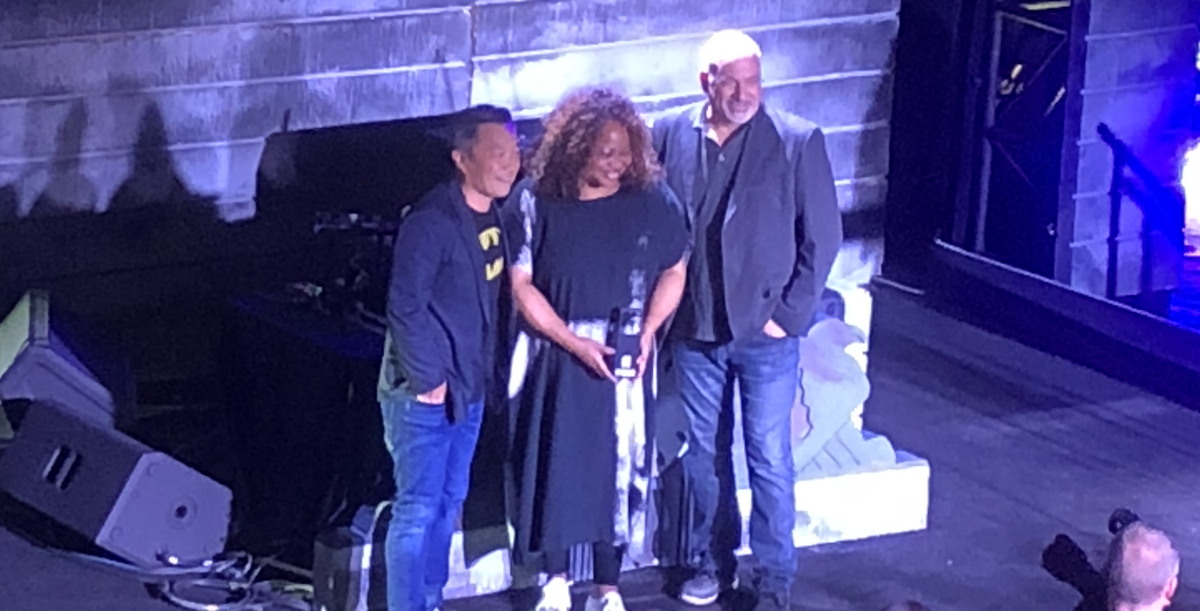
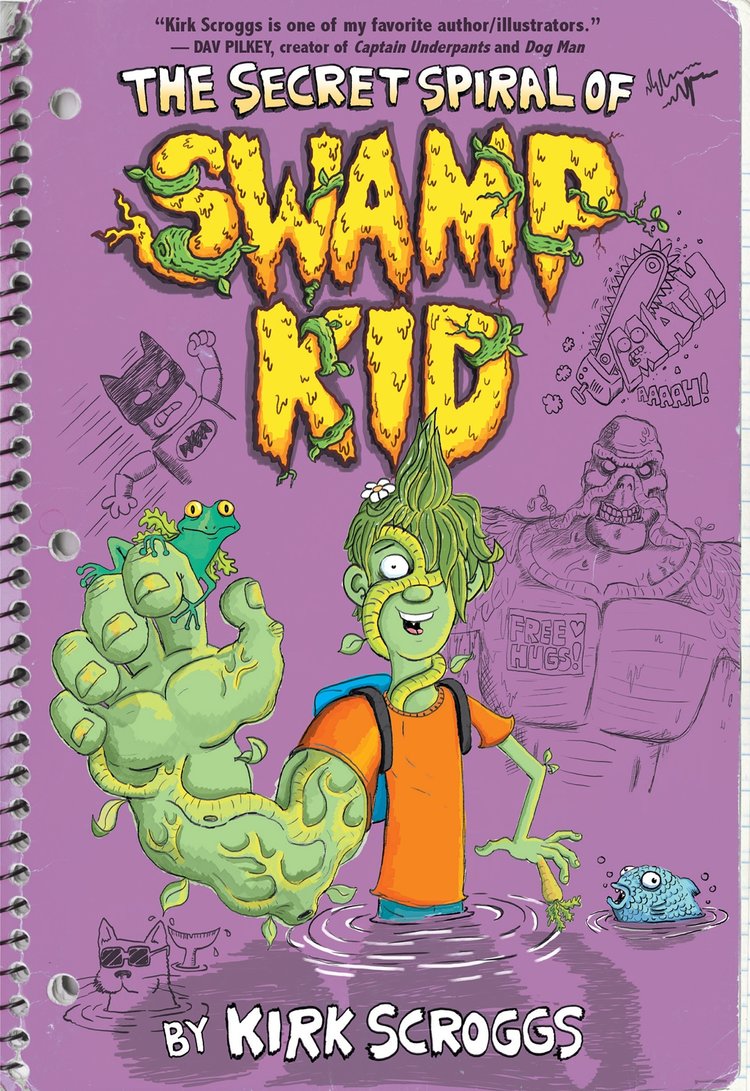
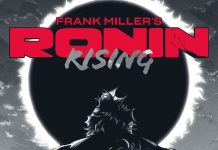
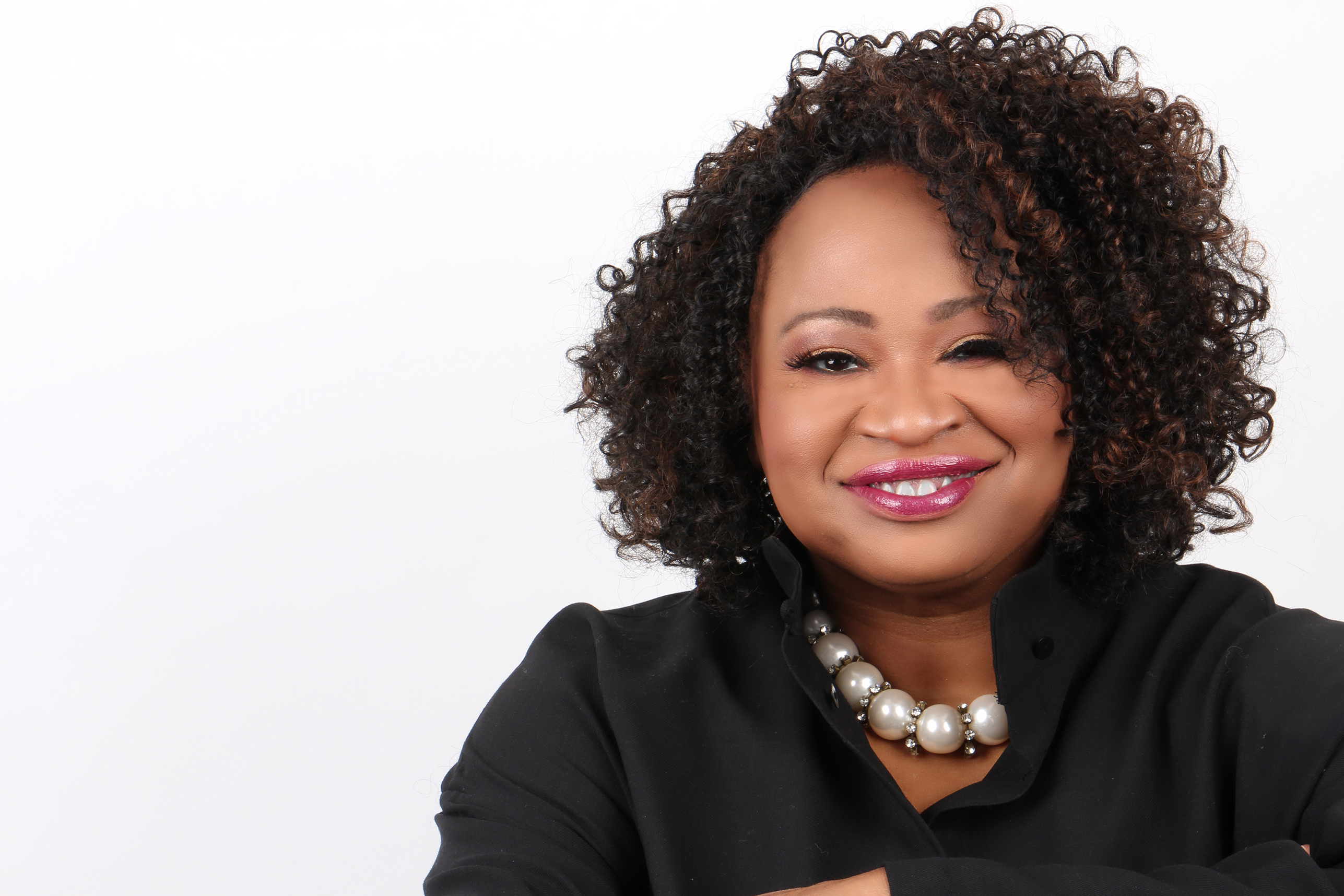





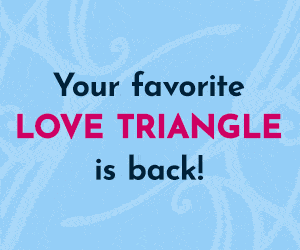

Thanks for your fascinating insights.
The obvious answer is for Warner Media to buy Image.
The other question being, just how much rope is AT&T willing to thow DC? AT&T is in a big financial hole after buying Warner Bros. They need money now. How long does this new book initiative have to gain traction before AT&T decides to stop bothering wasting time with publishing for so little return?
I posted the below review on another site after reading HOX #2. I believe we may be at a serious crossroads for DC. The benchmark for them has been 30% market share. We may see that change to 20% or lower. Of course, Marvel has shown themselves of being eminently self-destructive through over-saturation of product and gimmicks, so I don’t want to get too far ahead of ourselves but if they parlay the innovation of HOX/POX into a dominant X-Men line – LOOK THE F* OUT! Anyway, here’s my view after reading HOX #1 and #2 and POX #1:
Let’s face it folks, this is not just a great story, it’s a potential industry game changer. If anyone doubts that comics are an art form – not just entertainment – this is an exhibit alongside stories like Dark Knight Returns and Watchmen. The fact this is happening under the Marvel banner is, in my opinion, something we haven’t seen since Jim Shooter was EIC or maybe even the 1960’s when the whole Marvel brand burst onto the scene. If I’m DC, and I am a lifelong DC fan, I am very nervous about this whole thing. If the X-franchise is restored (Rebirthed??), and there’s nothing in the wings to counterpunch, Marvel’s sales and artistic dominance may become untouchable. Extrapolate that out to other media platforms, including the 8,000,000,000 pound gorilla that is the MCU and Marvel (ok, Disney) becomes THE windshield in an industry of bugs.
DC’s iconic characters will survive in some form. The question is whether monthly periodicals on paper will survive, and for how much longer.
The sales figures cited in that Forbes article are pretty dire. Comics revenue (including graphic novels and reprints as well as pamphlets) are nothing compared to movies, TV, streaming, or videogames. I’m afraid comics are catering to a small cult audience now, made up adult fans and collectors. (You have to be an adult to afford the ridiculously expensive comics of today.)
“The map to survival, as always, is making books/comics/magazines that people WANT to read.”
That’s been a problem with DC for a long time, hasn’t it? It seems to be mostly making comics the people running the place want to read.
What if people no longer want to read about superheroes, when they can see these characters constantly in movies and TV now?
Comments are closed.